The Bean Goes Bananas
It's the dawn of a new coffee era, miles from the instant world
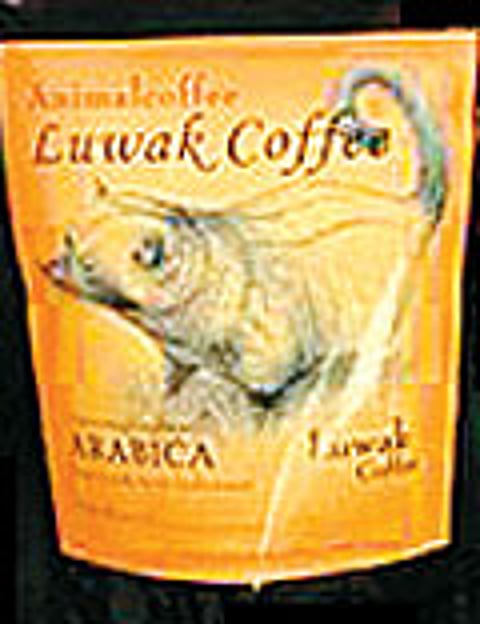
Kopi Luwak
Rs 850/cup
Shangri-La Hotel, New Delhi
No other coffee in the world is in such short supply or retails at a price that's so difficult to digest. Harvested from the excreta of the Indonesian Luwak or Palm Civet, which sneaks onto coffee plantations and eats only the ripest cherries. Enzymes in its digestive tract soften the harsh, bitter overtones of the coffee beans, leaving them with a unique strong, nutty, chocolatey flavour.
***
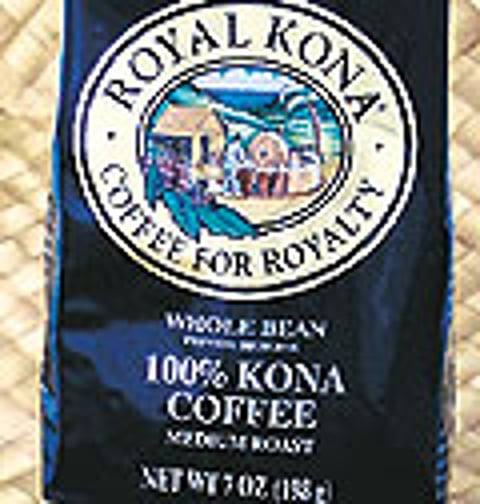
Kona Coffee
Rs 2,100 for 450 gm
On special order at The Coffee Bean & Tea Leaf
Arabica beans cultivated on the Big Island of Hawaii. This is a mild, light, delicately floral, balanced coffee that lends itself well to numerous variations. But beware of the various Kona blends floating around-most of these contain only 5 per cent actual Kona.
***
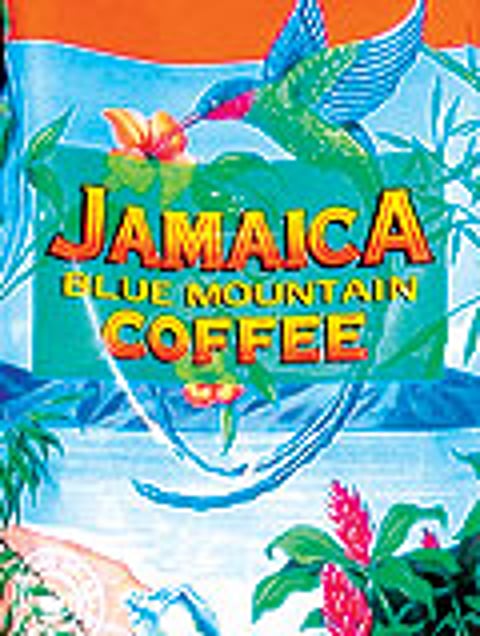
Jamaican Blue Mountain
Rs 450/cup
Maurya Sheraton, New Delhi
This is Caribbean coffee grown at the highest altitude, James Bond's favourite. It's hard to come by because much of it is shipped to Japan and Korea. If you do manage to lay your hands on a few beans, treasure its fruity aroma.
***
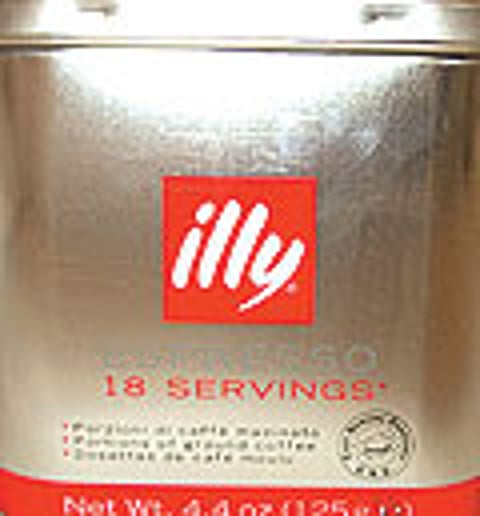
Illy Espresso
Rs 850/250 gm
Stores across India
Available only in a single blend, illy's 100 per cent pure arabica blend is made from a base of Brazilian beans, blended with 12 other varieties, including beans sourced in South India. A good option for health-freaks, for they are low in caffeine content without compromising on strength of flavour.
***
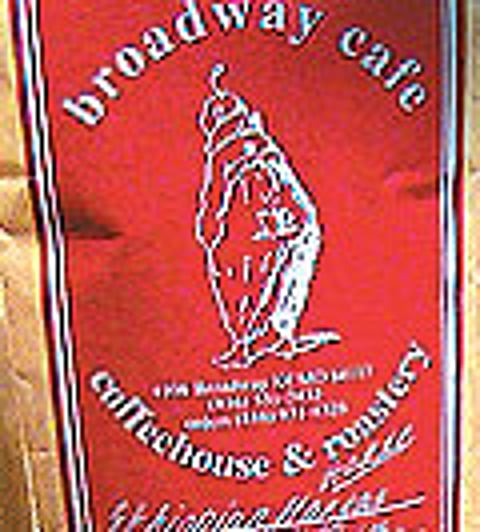
Ethiopian Yirgacheffe Sidamo
Rs 125/cup
Mocha outlets
Ethiopia is the birthplace of coffee, where its cherries are found growing wild in the countryside. Connoisseurs seek out East African coffee from Ethiopia, Kenya, Uganda and Malawi because of its deep, true flavour, strong aroma and spicy overtones. Ethiopian coffee has recently been caught in a bitter wrangle with Starbucks over trademark and pricing issues.
***
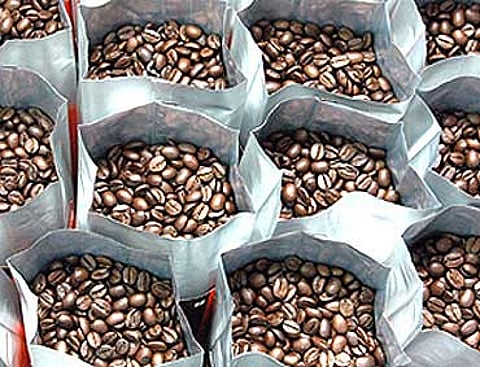
"In coffee, it all matters. The genetic quality of the bean. The farmer's skill. The weather. The brewing. At each of these steps, a bean can either be beautifully enhanced or completely ruined. That's what makes coffee all the more vulnerable to human error," says brand consultant Harish Bijoor, a specialist in the coffee domain.
But the coffee conundrum goes deeper still. Inextricably tied in with the marketing of this pick-me-up brew are a host of deeply contentious political and economic issues. "You'd think that with the growing demand for coffee, the prices offered to farmers would be higher. But it's the coffee behemoths of the retail world that steal all the cream," says Ashok Kuriyan, chairman of the Specialty Coffee Association of India (SCAI) and managing director of Balanoor Plantations. The SCAI is tasked with ensuring quality-oriented exporters sell their coffee at levels that are generally above the commodity market price. "Buy high, sell high—that's the speciality coffee mantra," explains Kuriyan.

All this apart, coffee connoisseurship can only be said to have arrived in India when people begin to abandon their traditional filters, and swap them for pricier French presses, vacuum brewers, espresso machines. This January, the deliciously named Kaapi Machines Pvt Ltd, a Bangalore-based Indo-German triad company, was set up to provide standardised equipment and door-to-door servicing at households and restaurants.
Koushik S., operations manager, Kalmane Koffees, says that in 2007 alone, about 45-50 espresso machines, all sleek Italian jobs priced at between Rs 3 to 5 lakh, were snapped up by software, finance, bpo and media companies, looking to fulfil the high-end caffeine aspirations of executives who have long working hours. "I was spending Rs 50 a day on a cappuccino. So when my office acquired this machine it was almost like getting a raise," says Reshma, who works with M-Source, a call centre in Bangalore.
And just like that, a new kind of coffee future seems to have arrived where nobody ever thought it would.
Tags